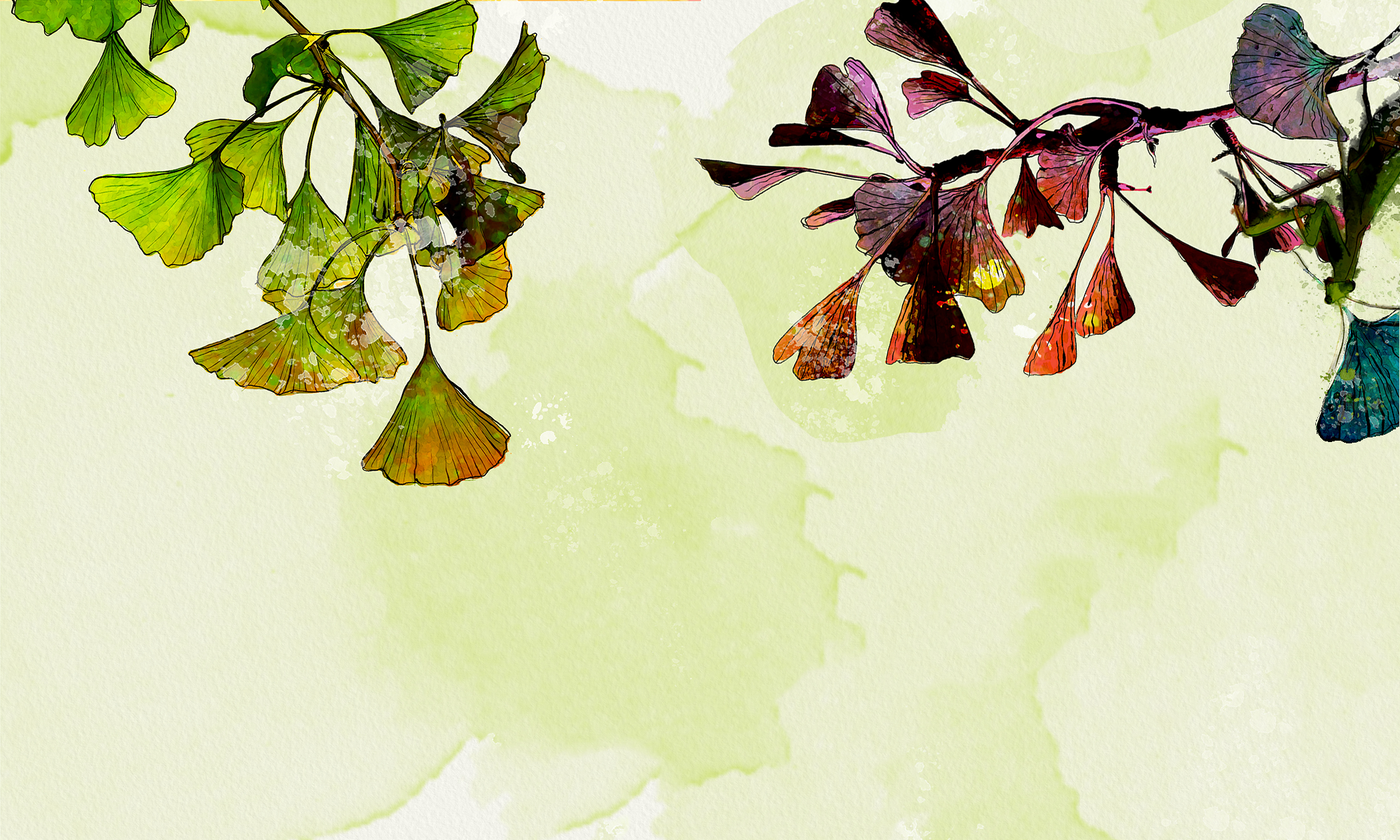
Mantis 20 (Spring 2022)
Retrospective
June Jordan
A Far Stretch Well Worth the Effort
I’d heard forever about T’ang poetry. It seems that no poems were ever so beloved or so marvelously composed as these. There were 300 of them, I was told, and Chinese children memorized huge numbers of these jewels, as a matter of course. But everywhere I looked I could not find an English translation even suggesting such amazing accomplishment. Yes, here and there, the imagery astounded this reader, but nowhere did I encounter a river of poetry to carry me, pell-mell, into ecstatic delight and sensual enlightenment. And then, one afternoon, a guest speaker came to my class at UC Berkeley, to describe distinguishing attributes of the Chinese language. I listened almost in disbelief.
Roughly, summarizing what he said:
There is no gender, and no pronouns, and no past or future tense/no inflections of verbs, and no plural case, and no prepositions, and no definite or indefinite articles, and this is the language. The carrier of the consciousness of the majority population of the world!
Fantastic!
Haphazardly, but with tremendous excitement, I continued by readings. Finally I ran into an introduction to T’ang poetry that described these poems as extremely musical: A fixed end-rhyme scheme, a fixed number of lines, and all stress syllables—because, in the Chinese, there would be no possibility of a two-syllable “word.”
Then, in a phone conversation with my best friend’s husband, who is a T’ang poetry scholar, I learned that these poems were always “sung” aloud, and not intended as written and silently absorbed events. With this information, I felt, as I certainly do feel, tonight, the chasmic separation between myself—a captive of the English language—and the absolute treasure of poetry that human beings have created in languages I cannot even imagine.
Translation, then becomes a necessity, and, at the same time, a chimerical undertaking that we embrace because something—faithfully attempted—is sometimes, although not always, better than nothing.
In relation to T’ang poetry, I decided to assign myself and my students the entirely humbling task of writing Chinese in English: T’ang poems that hold the most strikingly clear attributes of the Chinese language, but written in English.
We concluded that in T’ang poetry there is NO: personal subject, no pronouns, no subject/object, or fixed/fluid syntax, no subject acting on object, no subject distinct from a predicate, no poet apart from his or her environment, and, therefore, no acceptable English translation of a T’ang poem.
On the other hand, we decided that, in T’ang poetry, you will find: fluid interrelationships, equality in value among all elements (words), humility, the poet as a part of all that is, collective cultural allusion, precision in multiplicity of meanings versus either/or formulation, or surmise, and eminently musical composition.
Well, one of my students wondered, how would you say, “She followed me home?” So, with my students, I worked out the answer to this question. This is what we composed:
SHE FOLLOWED ME HOME
foot step sound skirt flare
run near dare path share
stare eye flirt sneak smile
find face flush heart bare
And later that night, on my own, I wrote this other T’ang poem, just for the thrill of it:
heart sound pound plum spill
ground rise fruit fall fill
air splash branch rain wash
chance start heart kill chill
By the way, another wonderful thing about T’ang poetry, in English, is that the poem can work on the vertical as well as the horizontal. For example, to return to our collectively composed T’ang poem, you can also read it: foot run stare find/ step near eye face/ sound dare flirt flush/ skirt path sneak heart/ flare share smile bare. With a bit more work, you can even make the vertical lines abide by the same rhyme scheme that governs the horizontal.
I hope that some of the happiness provided and provoked by translation issues of need and difference appears, perhaps, a bit more obvious, and less daunting, now.
Originally printed in Mantis 2 (2001)
JUNE JORDAN (1936–2002)—an award-winning writer and social and political activist—was an influential voice of liberation in the civil rights, feminist, antiwar, and gay and lesbian rights movements.
